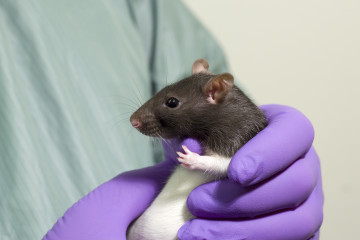Project grant
Humane endpoints for rodenticide testing

At a glance
Completed
Award date
March 2008 - August 2009
Grant amount
£63,771
Principal investigator
Dr Alan MacNicoll
Institute
Department for Environment Food & Rural Affairs
R
- Refinement
Read the abstract
View the grant profile on GtR
